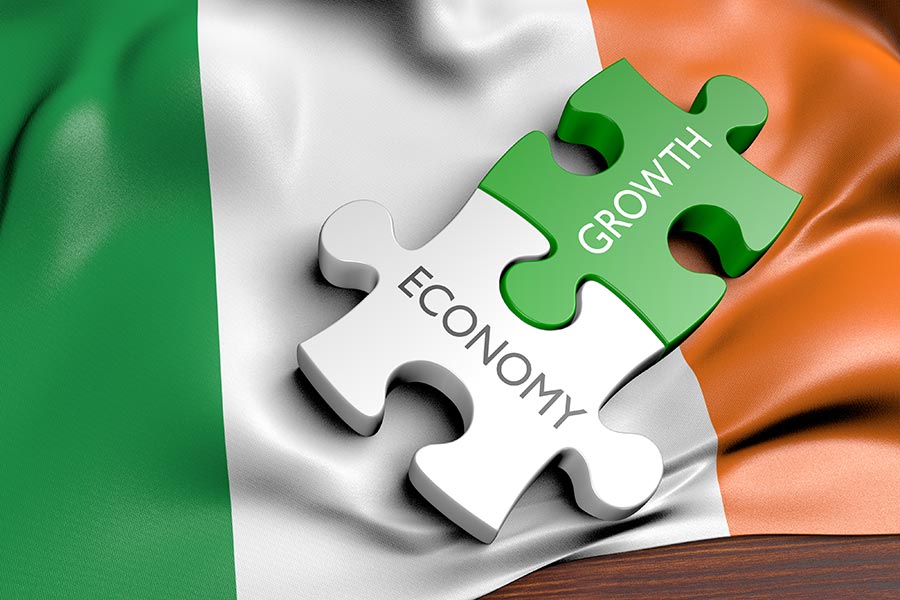One in four people in Ireland are 'clinging on' when it comes to their finances, a survey has found, writes Christian McCashin.
While just over half of Irish consumers could be regarded as financially ‘comfortable’ at present, some 20% say they are just 'coping,' the latest Credit Union Irish Consumer Sentiment Survey shows.
Those who describe themselves as 'coping' would borrow from family or friends, or from a bank or credit union, or by using a credit card, in the event of a financial emergency.
People who are 'clinging on' include those who say they could not handle a financial emergency at present as well as those who would resort to borrowing from a lender other than a bank or credit union and those who would sell something.
Irish League of Credit Unions chief executive David Malone said: "While many are reasonably comfortable at present and planning a better future, others would face substantial problems in the event of an unexpected expense or bill.
"As always, credit union members can rely on their local credit union to support them through both the financial emergencies and opportunities they encounter."
Consumer confidence improved marginally in May as US president Donald Trump’s tariff threats eased slightly, but continuing downside risks to the economy and some signs of renewed pressure on household finances mean sentiment remains "soft and continues to signal a nervous Irish consumer," it was found.
One in five said they would not cope with an unexpected bill of €1,000.
Economist Austin Hughes, author of the report, said: "With some roll-back of the scale and timing of increased tariffs in recent weeks and a sequence of largely reassuring domestic economic releases, a very slight pick-up in Irish consumer sentiment in May is not altogether surprising.
"However, the latest survey reading still suggests Irish consumers remain gloomy.
"The weakest elements of the May survey reading related to household finances, likely reflecting a pick-up in grocery bills of late which suggests many consumers continue to experience strains on household finances."
He added: "While just over half of Irish consumers could weather a financial emergency by drawing on savings or income, around one in five say they would be unable to cope with an unexpected financial outlay of €1,000."
More than a third (37%) of consumers would rely on savings in a financial emergency, 18% would use current incomes to handle such a problem, while 15% say they could not deal with an unexpected financial outlay.
About one in four consumers might be seen as "clinging on," in financial difficulty, it was found.
May’s sentiment reading of 60.8 was up marginally on April’s 58.7 figure but significantly lower than the 74.9 in January. The May reading is also way below the long-term survey average of 84.0.
Hughes added: "While the slight uptick in the May sentiment reading should be seen as positive in that it suggests Irish consumers are both able and willing to see small traces of sunlight in a dark economic sky, the general tone of the of the survey suggests Irish consumers remain nervous about the economic outlook and negative about their own household finances.

"The mixed elements of the survey in May also suggest that good weather didn’t drive a broadly based improvement in the mood of Irish consumers."
He added: "The May survey saw a slight step-back from the particularly negative views formed in the aftermath of the early April announcements of dramatic increases in tariffs on goods going to the US."
(Pic: Getty Images)











